Unlock IT Productivity With AI Ticketing in 2025
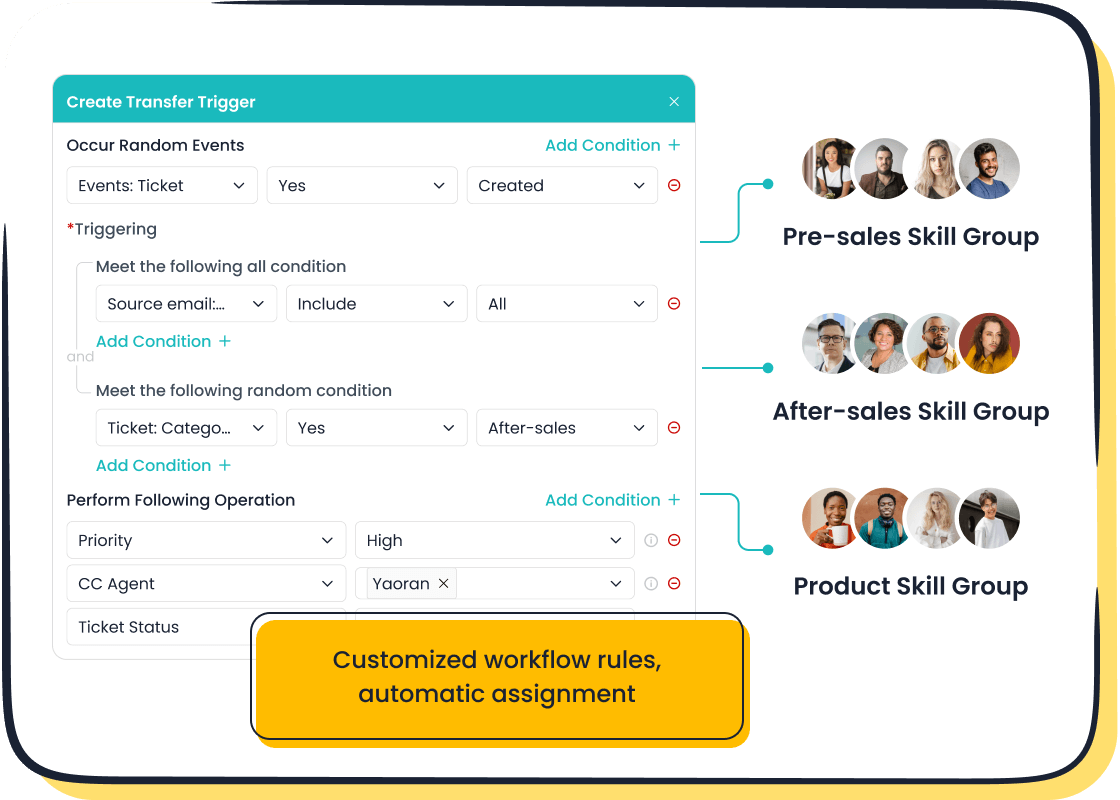
AI ticketing systems are transforming IT operations by streamlining processes and reducing inefficiencies. Sobot’s Ticketing System exemplifies this revolution, delivering unmatched productivity through automation. For instance, AI reduces manual processes from hours to minutes, saving IT teams valuable time. Customer satisfaction scores also soar, with some organizations achieving up to 96%. Additionally, support teams save 45 seconds per ticket on average, enabling faster resolutions. By automating repetitive tasks and prioritizing tickets intelligently, you can eliminate bottlenecks and focus on strategic goals. This leap in efficiency not only cuts costs but also enhances your team’s overall performance.
The Evolution of AI Ticketing Systems in IT
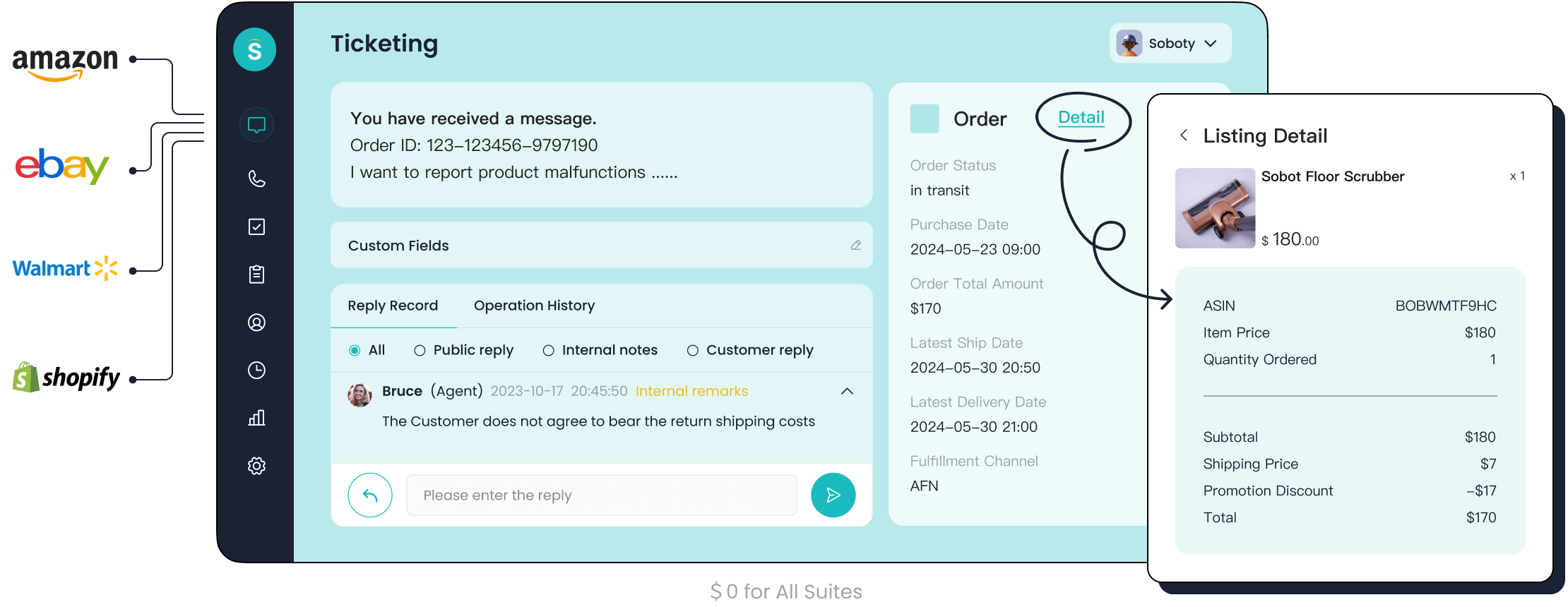
What Are AI Ticketing Systems?
AI ticketing systems are transforming how IT teams manage support requests. These systems use artificial intelligence and machine learning to automate ticketing processes, making them faster and more efficient. At their core, they streamline workflows by categorizing, prioritizing, and routing tickets to the right agents. This ensures that issues are resolved quickly and accurately.
| Feature | Description |
|---|---|
| Definition | AI ticketing systems use algorithms and machine learning to automate customer support processes. |
| Key Functionalities | Tracking, prioritizing, and resolving customer issues efficiently using AI technologies. |
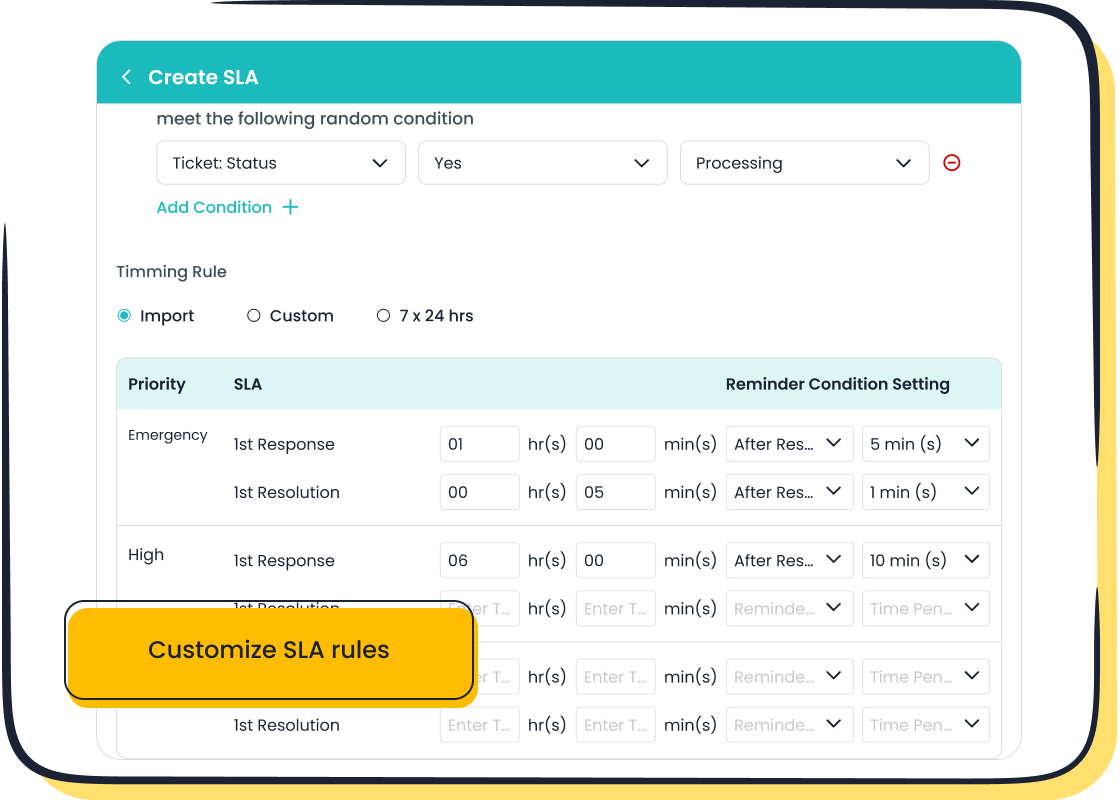
For example, Sobot’s Ticketing System integrates AI to handle tasks like ticket assignment and SLA management. This reduces manual effort and improves productivity for IT helpdesk teams. By automating repetitive tasks, these systems free up your team to focus on more strategic initiatives.
Key Features of Modern IT Ticketing Systems
Modern IT ticketing systems come packed with advanced AI features that enhance productivity and service quality. These include intelligent ticket routing, SLA reminders, and multilingual support. AI-powered tools analyze ticket content, categorize issues, and even suggest solutions.
| Metric | Description |
|---|---|
| Resolution time | Time taken to resolve a ticket. |
| First contact resolution | Percentage of tickets resolved on the first interaction. |
| SLA compliance | Adherence to service level agreements. |
| Agent productivity | Measure of how effectively agents handle tickets. |
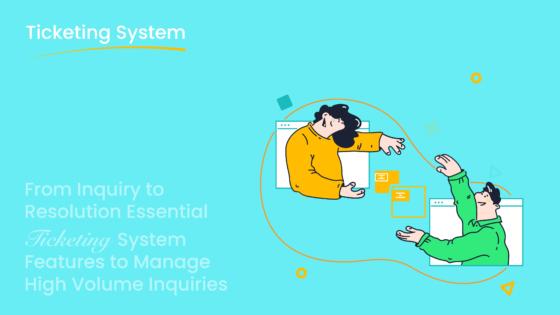
Sobot’s Ticketing System, for instance, offers features like canned responses, ticket merging, and trusted analytics. These tools not only improve efficiency but also enhance customer satisfaction by ensuring faster resolutions. With multilingual capabilities, you can serve a global audience seamlessly.
How AI Enhances IT Workflows
AI has revolutionized IT workflows by introducing automation and intelligence into ticketing systems. Tasks that once took hours now take minutes. For example, AI reduces data entry errors by 94% and frees up over 12 hours per week for IT teams to focus on strategic work.
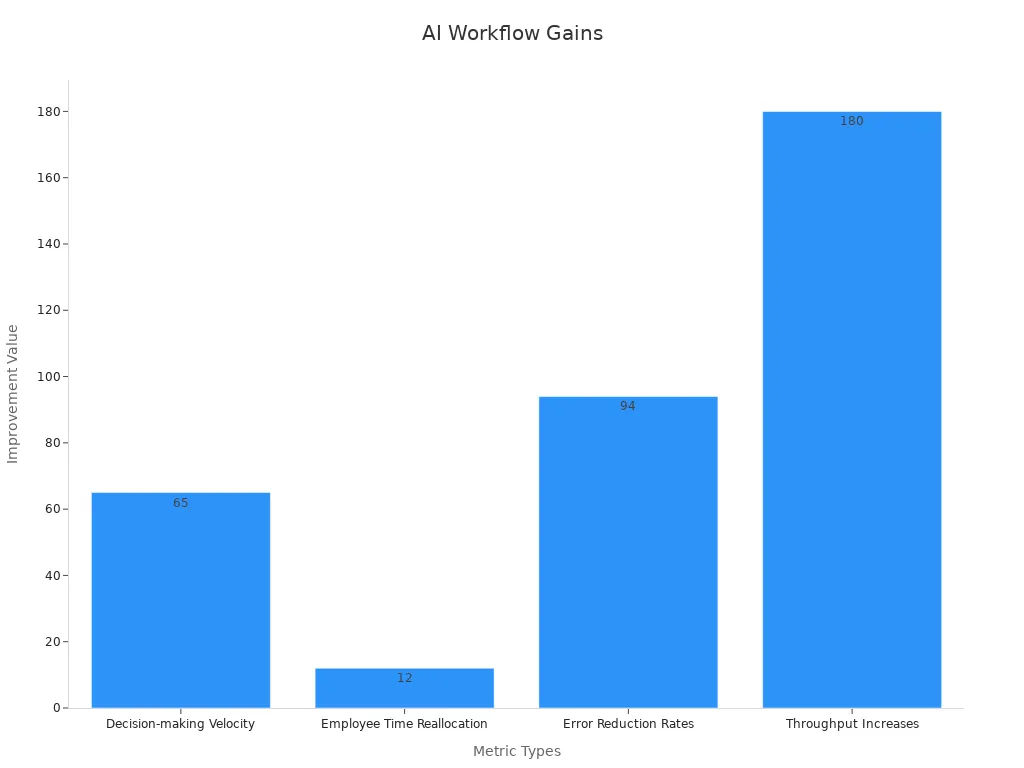
Sobot’s AI-driven ticketing system enhances workflows by automating ticket creation and routing. It also provides real-time analytics, helping you monitor performance and identify bottlenecks. With AI, your IT helpdesk can handle up to 180% more inquiries, improving both productivity and service quality.
How AI Ticketing Systems Improve IT Productivity
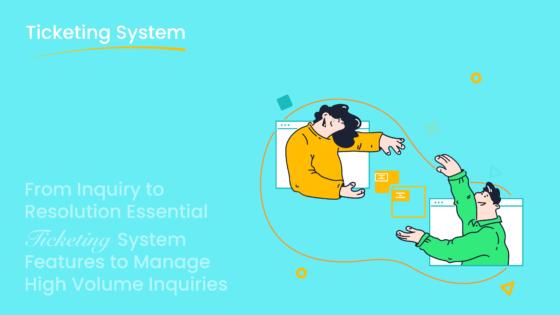
Automating Repetitive IT Tasks

Repetitive tasks often consume a significant portion of your IT team's time. These tasks, such as ticket categorization, assignment, and follow-ups, can lead to inefficiencies and reduced productivity. AI ticketing systems excel at automating these processes, allowing your team to focus on more strategic initiatives. For instance, Sobot’s Ticketing System automates ticket creation and routing, ensuring that each ticket reaches the right agent without manual intervention.
Automation delivers measurable benefits. Studies show that over 40% of workers spend at least a quarter of their work week on repetitive tasks. By automating these, businesses can save up to 240 hours per employee annually. Additionally, enterprise customers often uncover 20% savings within just 30 days of implementing automation. These time and cost savings directly enhance agent productivity and overall IT efficiency.
| Statistic | Description |
|---|---|
| 20% savings | Enterprises save 20% within 30 days of automation installation. |
| 240 hours/year | Employees save up to 240 hours annually through task automation. |
| 40% of workers | Over 40% of workers spend a quarter of their week on manual, repetitive tasks. |
By integrating AI capabilities into your IT helpdesk, you can automate tasks like SLA reminders, ticket merging, and canned responses. This not only reduces workload but also ensures faster ticket resolution, improving customer support quality.
Intelligent Ticket Prioritization for Faster Response Times
Not all IT issues are created equal. Some require immediate attention, while others can wait. AI ticketing systems use intelligent algorithms to prioritize tickets based on urgency, impact, and customer type. This ensures that critical issues are addressed promptly, leading to faster response times and higher customer satisfaction.

Companies using automated triage systems report significant improvements. For example, James Villas reduced reply times for urgent requests by 46%, while GoCardless scaled their support function effectively by prioritizing customer experience. Sobot’s Ticketing System takes this a step further by offering custom trigger rules that automatically prioritize tickets, ensuring that high-priority issues never fall through the cracks.
Tip: Intelligent ticket prioritization not only improves response times but also enhances agent productivity by reducing the time spent on low-priority tasks.
With AI features like real-time analytics and insights, you can monitor ticket flow and adjust priorities dynamically. This level of control ensures that your IT helpdesk operates at peak efficiency, even during high-demand periods.
Reducing Manual Errors in IT Operations
Manual processes are prone to errors, which can lead to delays, increased costs, and customer dissatisfaction. AI ticketing systems minimize these risks by automating error-prone tasks. For example, Sobot’s Ticketing System uses AI to reduce data entry errors and ensure accurate ticket categorization.
The impact of reducing manual errors is substantial. In the healthcare sector, billing errors cost over $300 billion annually. By adopting AI-driven solutions, one client reduced claim denials by 40% and manual billing time by 60%. While these figures are industry-specific, they highlight the broader potential of AI to enhance accuracy and reliability in IT operations.
AI capabilities like multilingual support and time-triggered actions further reduce the likelihood of errors. These features ensure that tickets are handled consistently, regardless of language or complexity. By eliminating manual errors, you can improve ticket resolution rates and build trust with your customers.
Real-World Applications of Sobot's Ticketing System
Case Study: OPPO's Success with Sobot
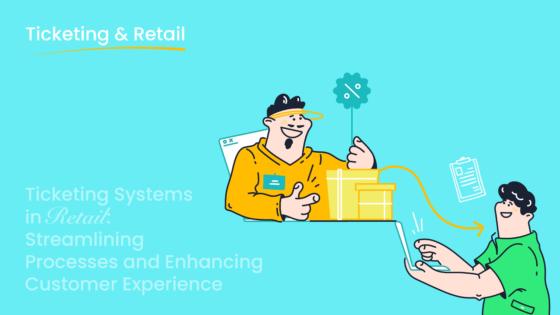
OPPO, a global leader in smart devices, transformed its customer support operations by adopting Sobot’s AI ticketing system. During peak shopping periods, OPPO faced challenges managing high volumes of inquiries. By integrating Sobot’s ticketing and chatbot solutions, OPPO automated repetitive tasks like ticket creation and routing. This allowed human agents to focus on complex issues, improving both productivity and customer satisfaction.
Sobot’s AI features optimized OPPO’s knowledge base, reducing maintenance efforts by 90%. The system also unified global communication channels, eliminating data fragmentation and enabling seamless ticket management. These improvements led to an 83% chatbot resolution rate, a 94% positive feedback score, and a 57% increase in repurchase rates. OPPO’s success highlights how AI ticketing systems can enhance IT helpdesk operations, streamline workflows, and boost agent productivity.
Note: OPPO’s case demonstrates the power of automation and AI in driving efficiency and improving customer support quality.
Metrics That Prove Productivity Gains
Sobot’s Ticketing System delivers measurable improvements in IT service management. Organizations using this system report significant gains in agent productivity and customer satisfaction. The following table highlights key metrics:
| Metric | Value |
|---|---|
| Increase in Agent Efficiency | 30% |
| Customer Satisfaction Score | 97% |
These metrics underscore the effectiveness of AI ticketing systems in optimizing workflows. By automating ticket management processes, Sobot’s system enables IT helpdesk teams to handle more inquiries without compromising service quality. The 30% boost in agent productivity translates into faster ticket resolution and improved customer support experiences. With a 97% satisfaction score, businesses can build stronger relationships with their customers while maintaining operational efficiency.
Industry-Specific Use Cases for AI Ticketing
AI ticketing systems like Sobot’s are versatile solutions that cater to diverse industries. From retail to healthcare, these systems enhance productivity and service quality. The table below illustrates industry-specific applications and their impact:
| Industry | Application/Effectiveness | Accuracy/Impact |
|---|---|---|
| Healthcare | Analyzing patient data for diagnostics | 95% accuracy in medical diagnostics |
| Financial Sector | Monitoring transactions and identifying unusual patterns | High accuracy in fraud detection |
| Manufacturing | Predictive maintenance and optimizing production schedules | Major reductions in downtime |
| E-commerce | Processing orders, managing cart abandonment, and providing product recommendations | Improved customer experience |
| Hospitality | Multilingual AI assistants for room services and guest coordination | Enhanced service efficiency |
| Agriculture | Optimizing irrigation schedules and monitoring crop health | Increased yield and resource efficiency |
| Quick-Service | Better order accuracy and managing orders without human intervention | 90% of orders managed autonomously |
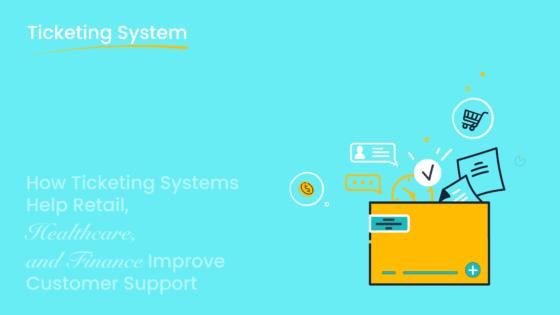
Sobot’s AI ticketing system supports these industries by automating ticket management and providing actionable insights. For example, in e-commerce, AI features like multilingual support and real-time analytics improve customer interactions and reduce cart abandonment. In healthcare, AI-driven diagnostics enhance accuracy and streamline operations. Across all sectors, Sobot’s system empowers IT teams to deliver faster resolutions and better service.
Tip: Industry-specific AI applications demonstrate how automation and AI features can address unique challenges, driving productivity and efficiency across verticals.
Overcoming Challenges in AI Ticketing Implementation
Addressing Data Privacy and Security Concerns
Data privacy and security remain top concerns when implementing AI ticketing systems. As organizations adopt AI, protecting sensitive information becomes critical. Studies reveal that 43% of cybersecurity decision-makers identify data privacy as their primary challenge. Additionally, 72% of cybersecurity leaders believe inconsistent security practices among partners pose greater risks than cyber adversaries.
To address these concerns, you should prioritize robust security measures. Sobot’s Ticketing System ensures compliance with global data protection standards, including GDPR. Features like data encryption and continuous encrypted backups safeguard your information. By adopting such solutions, you can mitigate risks and build trust with your customers.
Tip: Regularly audit your AI systems to identify vulnerabilities and ensure they align with your organization’s security policies.
Ensuring Seamless Integration with Existing IT Systems
Integrating AI ticketing systems with your current IT infrastructure can seem daunting. Misconceptions about complexity and compatibility often create resistance. However, modern solutions like Sobot’s Ticketing System simplify this process. The system supports interoperability, allowing seamless data exchange with legacy systems. Custom APIs and middleware further enhance integration, reducing disruptions.
| Aspect | Description |
|---|---|
| Interoperability | Works seamlessly with legacy systems, exchanging data without major modifications. |
| Custom APIs or Middleware | Facilitates communication between AI tools and existing systems. |
| Open Standards and Protocols | Promotes efficiency by reducing complexity and improving compatibility. |
Effective change management plays a crucial role in successful integration. Comprehensive training programs and support systems help your team adapt to new workflows. Establishing metrics to measure AI performance ensures continuous improvement.
Best Practices for Adopting Sobot's Ticketing System
Adopting Sobot’s Ticketing System can transform your IT helpdesk operations. Following best practices ensures a smooth transition and maximizes benefits:
- Start with a clear strategy: Define your goals, such as improving agent productivity or reducing operational costs.
- Leverage AI features: Use tools like SLA reminders and intelligent ticket prioritization to enhance ticket resolution rates.
- Invest in training: Equip your team with the skills needed to use AI tools effectively.
- Monitor performance: Regular audits and analytics provide insights into system efficiency and areas for improvement.
| Best Practice | Description | Result |
|---|---|---|
| Seamless Integration | Combines data and omnichannel access. | Saves 35% in waiting time. |
| AI Agent Products | Resolves issues directly with AI assistance. | Boosts customer experience efficiency. |
| Comprehensive Consulting | Offers tailored guidance for platform use. | Speeds up onboarding and integration. |
By following these steps, you can unlock the full potential of AI ticketing and drive productivity gains across your IT helpdesk.
The Future of AI Ticketing in IT Departments
Emerging Trends in AI Ticketing Systems
AI ticketing systems are evolving rapidly, introducing trends that redefine IT operations. Automation now handles up to 80% of Level 1 queries, significantly reducing resolution times. For example, companies like Uber Freight have achieved a 50% reduction in email response times by adopting AI solutions. This shift not only enhances customer support but also boosts agent productivity.
Another trend is the integration of AI across departments. Ticketing systems now connect IT, marketing, and customer service, creating a unified workflow. Predictive analytics is also gaining traction. AI can forecast patterns, such as peak inquiry times, enabling better resource allocation. These advancements highlight how AI capabilities are transforming ticketing into a strategic tool for efficiency and productivity.
Predictions for IT Productivity in 2025
AI is set to revolutionize IT productivity by 2025. Studies show that 64% of businesses expect AI to improve productivity, with potential gains of up to 40%. Generative AI alone could add $2.6 trillion to $4.4 trillion in annual economic value. The following table summarizes key forecasts:
| Statistic Description | Value | Source |
|---|---|---|
| Businesses expecting AI to improve productivity | 64% | Tech.co |
| Potential improvement in employee productivity | 40% | PwC |
| Annual economic value added by generative AI | $2.6 trillion to $4.4 trillion | McKinsey |
| Annual labor productivity growth in the US due to AI | 2.9% | Statista |
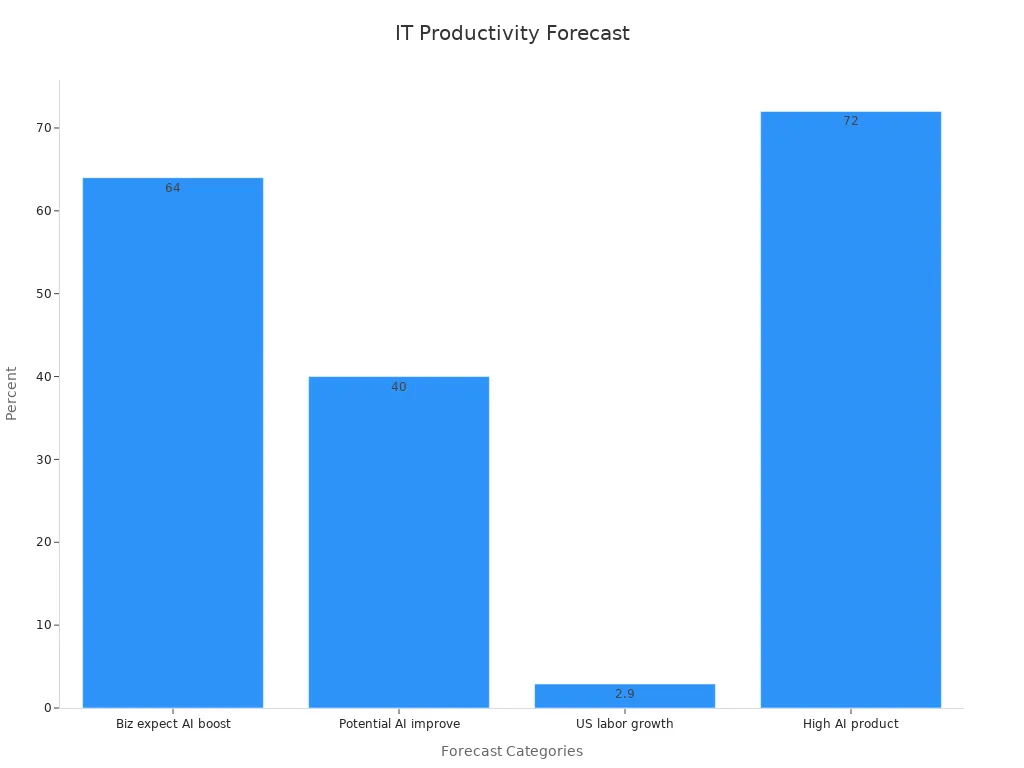
These predictions underscore AI's role in driving efficiency and agent productivity, making it indispensable for IT departments.
How Sobot is Shaping the Future of IT Ticketing
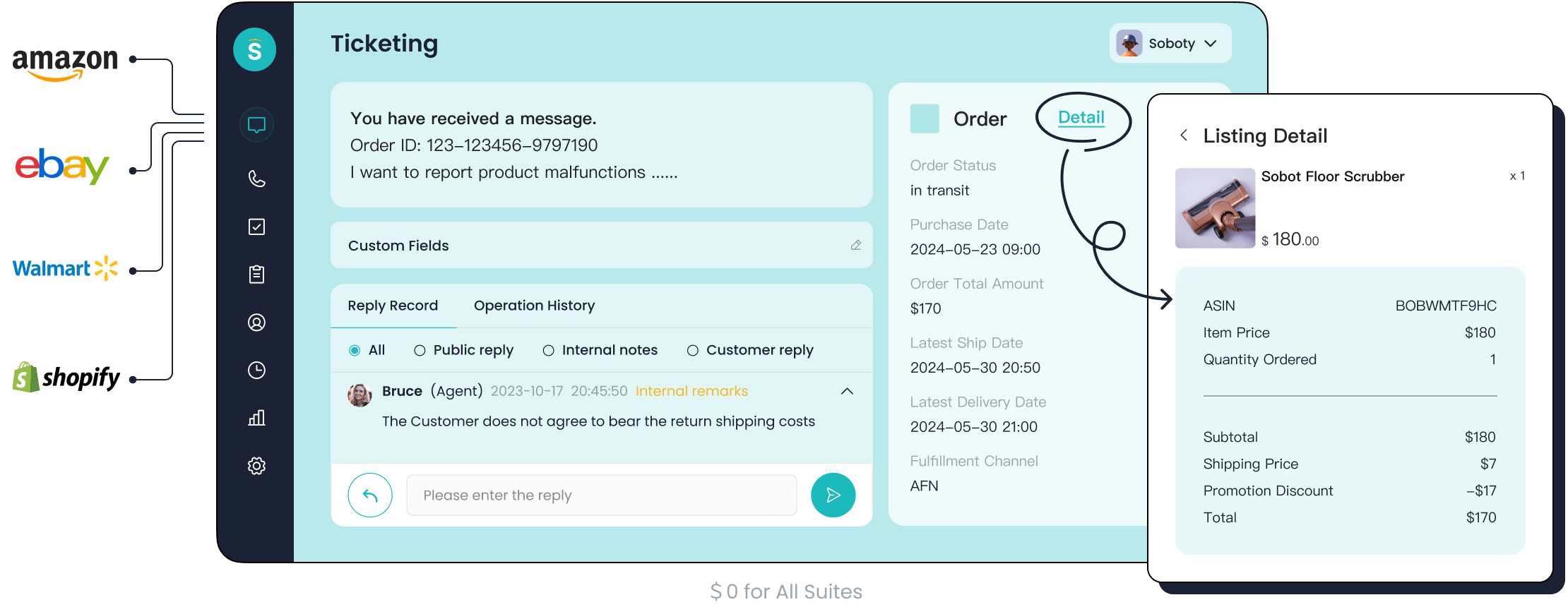
Sobot is at the forefront of AI ticketing innovation. Its automated ticketing system enhances customer support by streamlining workflows and improving response times. Chatbots powered by AI manage repetitive tasks, allowing agents to focus on complex issues. This improves agent productivity and ensures faster resolutions.
Sobot’s AI capabilities also provide real-time insights, enabling intelligent ticket routing and accurate responses. The system operates 24/7, making it ideal for global companies. By automating initial ticket resolution stages, Sobot empowers IT teams to work smarter and deliver exceptional service. These advancements position Sobot as a leader in shaping the future of AI ticketing.
AI ticketing systems redefine how you manage IT workflows. By automating tasks, they save time and reduce errors. Features like intelligent ticket prioritization and self-service options ensure faster resolution and higher customer satisfaction. Sobot’s Ticketing System helps you gather insights through real-time analytics, empowering your team to make data-driven decisions. With AI, your IT department can handle more inquiries efficiently, freeing resources for strategic initiatives. These systems are essential for achieving operational excellence in 2025.
FAQ
What makes Sobot’s Ticketing System unique compared to other AI ticketing systems?
Sobot’s Ticketing System integrates all communication channels into one platform. It automates ticket routing, SLA management, and multilingual support. Features like trusted analytics and canned responses enhance productivity. With 99.99% system stability, it ensures seamless operations for IT teams. Learn more here.
Can Sobot’s Ticketing System handle high volumes of IT inquiries?
Yes, Sobot’s AI ticketing system scales effortlessly. It automates repetitive tasks and prioritizes tickets intelligently. For example, OPPO achieved an 83% chatbot resolution rate during peak shopping periods. This proves its ability to manage high inquiry volumes efficiently.
How does Sobot ensure data privacy in its AI ticketing system?
Sobot complies with global standards like GDPR. It uses data encryption, continuous encrypted backups, and secure APIs. These measures protect sensitive information while maintaining operational efficiency. You can trust Sobot to safeguard your IT workflows.
Is Sobot’s Ticketing System suitable for global IT teams?
Absolutely! Sobot supports multilingual ticketing and integrates with global communication channels. Its AI tools ensure consistent service quality across regions. For instance, OPPO unified its global customer channels using Sobot, improving data accessibility and customer satisfaction.
How quickly can businesses see productivity gains after implementing Sobot’s Ticketing System?
Businesses often notice improvements within 30 days. Automation reduces manual effort, saving up to 240 hours annually per employee. Sobot’s intelligent features boost agent efficiency by 30%, enabling faster ticket resolutions and higher customer satisfaction.
See Also
Enhancing Efficiency With AI-Driven Customer Service Solutions
An In-Depth Look At AI Call Center Innovations
Ten Essential AI Tools For Effective Contact Centers
Understanding The Efficiency Of Call Center Automation
Transforming Support With AI-Powered Customer Service Agents